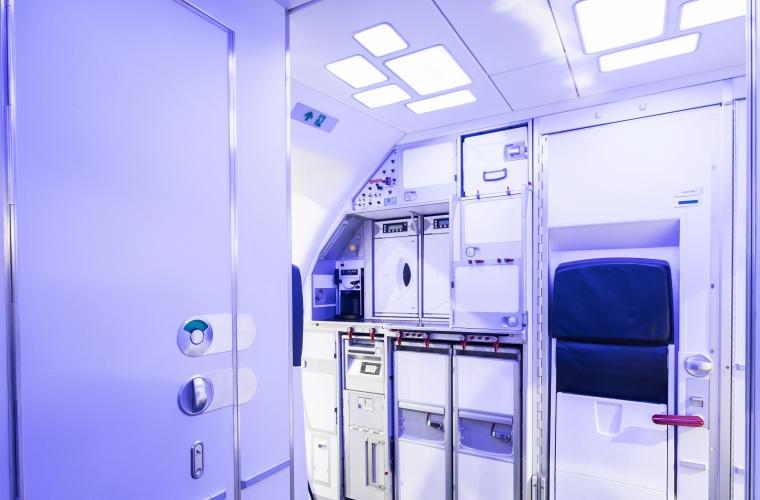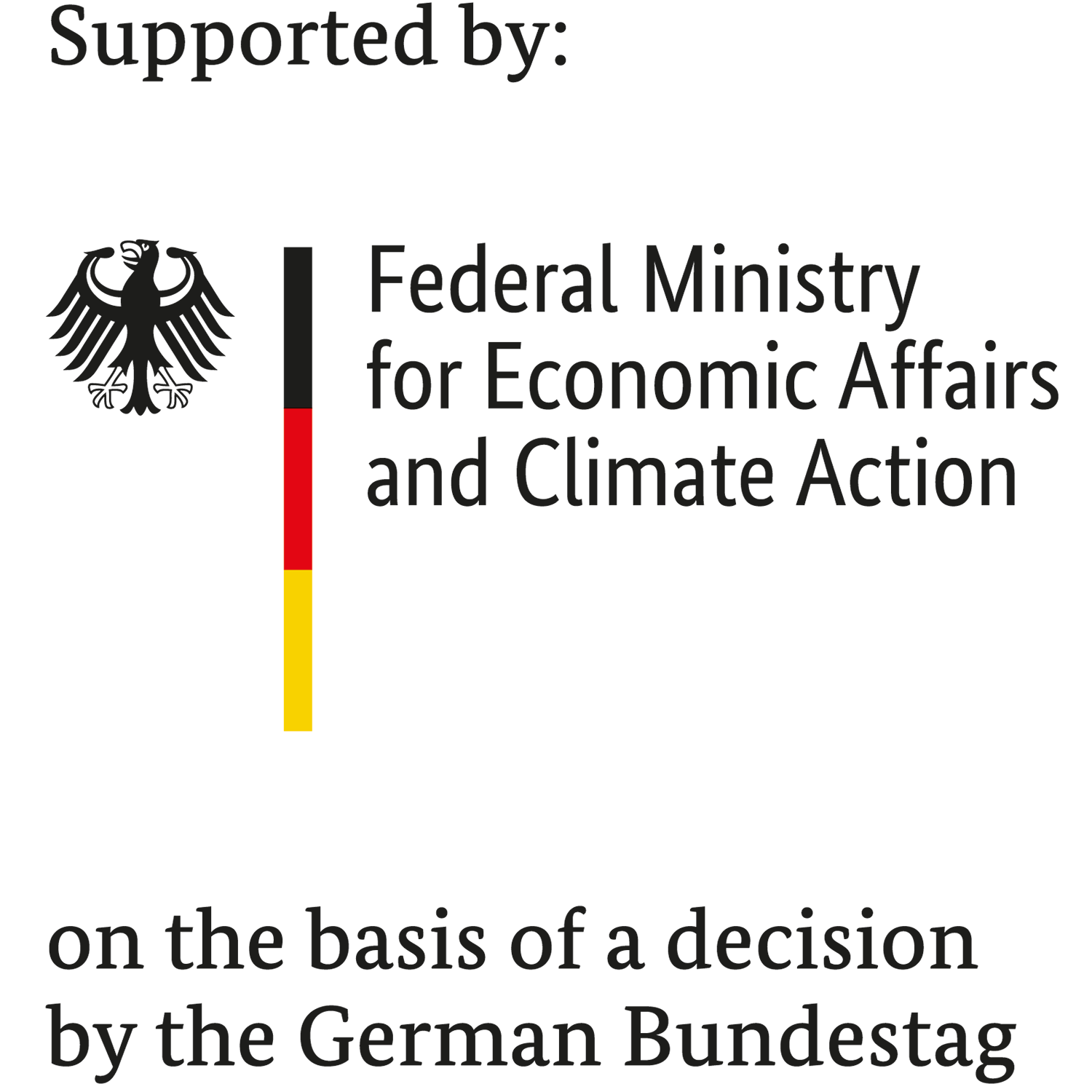Increasing ecological, economic, and functional efficiency



Galley kitchens in commercial aircraft are central components of modern passenger aircraft. The future use of alternative energies for engines will lead to a significant reduction in the energy available in the cabin by 50%. Such a significant energy saving is only possible through a leap in innovation in catering equipment.
In the GECO project – Galley Efficient Catering Operation – the aircraft galley is embedded in a new centralized system context, so that the linking of process chains and the networking of previously stand-alone systems unlocks new synergies. Structural improvements with integrated solutions reduce weight and energy requirements in the aircraft galley, while manufacturing processes are also being rethought against the backdrop of a holistic product life cycle. The use of sustainable materials contributes to the goal of improving the environmental auditing.
The development of holistic simulation methods for the thermal management of cooling and heating circuits allows their energy efficiency to be evaluated and optimized at an early stage, thereby making a significant contribution to the efficient transport performance of aviation in the cabin area. In addition, avoiding redundancies in the provision of heating and cooling capacity goes hand in hand with weight reduction. In the long term, these measures could achieve a 50% reduction in the energy consumption of catering systems.
Through the use of vibroacoustic metamaterials VAMM and energy harvesting, the project contributes to improving the environmental auditing of the galley. Compared to conventional measures, a weight reduction of 30% is targeted. To this end, innovative and novel VAMM concepts are being researched that are recyclable and can be integrated into existing galley structural components. Furthermore, the use of energy harvesting can save batteries and cables. In addition, the use of novel converter materials aims to improve recyclability.

Grant number: 20K20204F
Funded by German Federal Ministry for Economic Affairs and Climate Action (BMWK)
Project partners